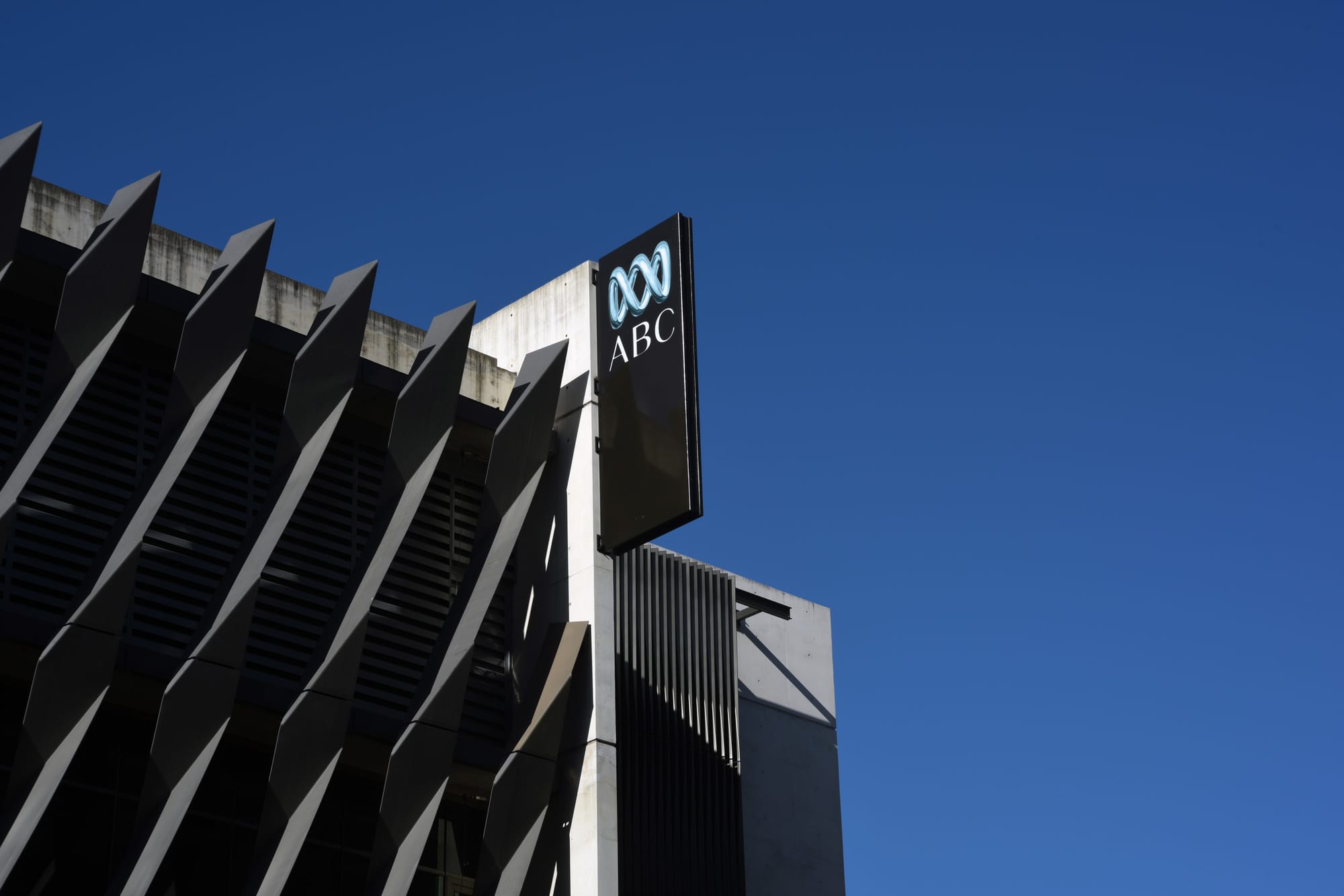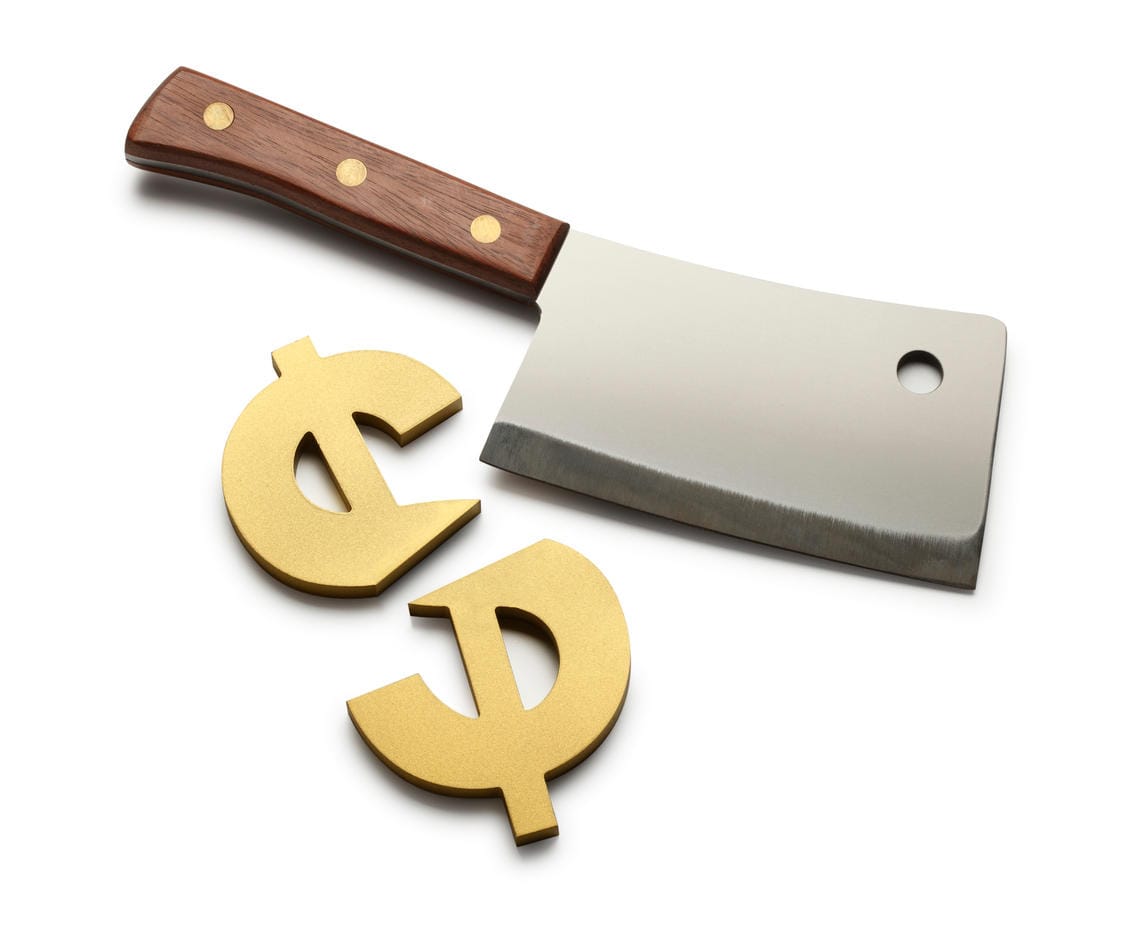
Independent journalism is under siege in Australia as newspapers lose readers and advertising revenue to the internet. At the same time, politicians and the courts are making it harder for journalists to protect their sources and to shine a light in dark places. Johan Lidberg, Associate Professor in Journalism at Monash’s School of Media, Film and Journalism, discusses the state of play.
Threat one: more ABC cuts
Although Prime Minister Malcolm Turnbull “has always come across as an ABC supporter”, the national broadcaster was again battered in the May budget. The Coalition intends to freeze the ABC’s annual funding indexation for three years from July 2019 – a real cut of $84 million.
This comes on top of the $254 million that has been taken from the ABC’s budget since 2014 – cuts inflicted by Prime Minister Tony Abbott. Before Mr Abbott’s election in 2013, he also said he would protect the ABC.

The budget papers say the cuts are intended to improve efficiencies, but Dr Lidberg says “there is no more fat to cut” and that core services will suffer. Submissions made to last year’s Senate inquiry into the future of public-interest journalism (including his own) emphasised the importance of robust funding for the ABC. “What they are doing now, they’re doing out of sheer vindictiveness,” he says. “They’re using the ABC as a tool in their culture wars.”
Australians value the national broadcaster for its independence, its reliability and for the regional services it provides, he says, but may not appreciate that the ABC is an internationally significant institution.
“A properly funded independent public broadcaster” is a rare bird, a place where independent journalism can be practised without the constraints facing commercial operators. The UK (the BBC), New Zealand, Canada, South Africa, the Scandinavian countries, Germany and Holland are the only other countries in the world that provide a similar service (although according to the ABC’s news director, Gaven Morris, the ABC’s per capita funding is 34 per cent lower than the average of other public broadcasters).
Print and broadcast media everywhere are still “finding their way to the next business model”, Dr Lidberg says. “In the meantime, until that is figured out, these public broadcasters have become repositories for in-depth, quality, public-interest journalism. If we don’t fund these, then where is that going to be housed, right? So Australia does have an obligation, not only nationally to fund this, not only for Australian purposes.”
Threat two: anti-terror, secrecy and surveillance laws
Since the 9/11 terror attacks of 2001, Australia has passed or amended more than 60 anti-terror and security laws, more than any other nation.
“We are the world champions,” Dr Lidberg says. The effects of this legislative zeal are discussed in a new book, In the Name of Security – Secrecy, Surveillance and Journalism, that Dr Lidberg has edited with Melbourne University journalism academic Dr Denis Muller. “All journalism, globally, has been affected by September 11.”
The book examines the impact this fear-driven security paradigm has had on in-depth journalism in the Five Eyes countries – Australia, New Zealand, Canada, the US and the UK. “Australia and the UK are the worst. One example of this is that you can’t use freedom of information laws to ask intelligence agencies for information; they’re completely exempt. You can’t file requests to ASIO or ASIS here, because they’re not subject to the law.”
Read more: New bill would make Australia worst in the free world for criminalising journalism
The book also looks at Brazil, India and South Africa, as well as the European Union. The surveillance environment that has been introduced since 9/11 is often compared to George Orwell’s 1984, but Dr Lidberg says: “In some ways we’ve gone beyond that – 1984 felt more contained. It was in one country only. This is global. It is absolutely everywhere. It’s the existence of the global network that for good or for bad has got us to where we are.”
The essays in the book examine the treatment of whistleblowers. “It’s incredibly hard these days for journalists to keep their sources confidential,” he says. “Nigh on impossible. Even if you go completely offline. Even if you agree not to use any electronic devices – use snail mail via your great aunt and arrange to meet someone in a field somewhere – just getting there is very hard. You pass all these CCTV cameras.”
"It’s incredibly hard these days for journalists to keep their sources confidential. Nigh on impossible. Even if you go completely offline."
Edward Snowden’s revelations told the world about the extent of this surveillance – his exile in Russia is the price he’s paid. “I don’t admire many people, but I do admire Edward Snowden,” Dr Lidberg says. “He was incredibly courageous.”
The book ends with a quote from a BBC documentary, Weapons of Mass Surveillance. “It raises the prospect of the UK selling these surveillance capabilities to authoritarian states and dictatorships. And one of the whistleblowers in that documentary said, ‘So, imagine this – if you don’t know where to look today, you record everything, and then you go back and mine it afterwards, when you know what to look for.
“That is pretty scary, I find.”
Threat three: suppression orders
Victorian courts are particularly prone to imposing suppression orders, Dr Lidberg says. The trend is “undermining hundreds of years of the doctrine of open justice”. While he believes suppression orders can be imposed out of a legitimate desire to protect the victims, he says it’s also important to ensure that powerful people cannot “manipulate the system” because of who they are.

"The public also has the right to hold the justice system to account. To make sure that we can listen in. To make sure that [the accused] is critically questioned in the way that they should be."
There's now a particularly high-profile Victorian trial that we cannot listen in to. We can't tell you which one, but you most likely would have read plenty about it up until about a month ago.
Dr Lidberg says the suppression order only adds further fuel to "all the speculation that has been around this for decades and decades".
"I would have though it was in everyone's interest ... to have this as open as possible," he said.
A small hope
So what does the future hold? According to the Edelman Trust Barometer, only 31 per cent of Australians trust their media – the second-lowest in the world (in Turkey, the figure is 30 per cent). The public relations firm’s annual trust and credibility survey samples more than 33,000 respondents in 28 countries.
Fake news is a particular concern to Australians (67 per cent), while 35 per cent believe the average person doesn’t know how to distinguish reliable reporting from rumours. “In an ultra-low-trust environment where people are unsure of what to believe, traditional media organisations and journalists are enjoying a resurgence in credibility,” Edelman Australia CEO Steven Spurr said in a statement.
Dr Lidberg says that internationally, the Trump presidency has made people more aware of the real-life consequences of depending on social media for news. “There will be a turning point somewhere,” he says. “People aren’t stupid. There’s an understanding that if you do in-depth reporting, you need to be funded.” In the past year, The Guardian has successfully crowdsourced funding for reporting on gun violence (in the US) and the environment (Australia). Dr Lidberg believes the trend will continue.





